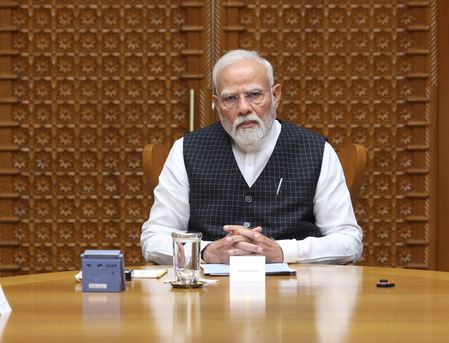New Delhi, April 23 — In a landmark move following the deadly terror attack in Pahalgam, Jammu and Kashmir, India has initiated a series of strong diplomatic actions against Pakistan. The April 22 attack, which killed 25 Indian nationals and one Nepali citizen and injured several others, has been attributed to Pakistan-backed terror outfits. In response, Prime Minister Narendra Modi chaired an emergency meeting of the Cabinet Committee on Security (CCS), where several decisive measures were announced.
The CCS condemned the attack and expressed condolences to the victims’ families while emphasizing that the assault aimed to disrupt peace amid successful elections and development in the region. Recognizing the cross-border nature of the threat, India took unprecedented steps to hold Pakistan accountable.
Among the most significant decisions was the suspension of the Indus Waters Treaty, a historic agreement in place since 1960. India has halted water-sharing cooperation until Pakistan ceases its support for terrorism.
Additionally, India has closed the Attari Integrated Check Post, granting Pakistani nationals with valid documents until May 1, 2025, to exit via this route. Post-deadline, all land travel between the two nations will be suspended.
India has also cancelled the SAARC Visa Exemption Scheme for Pakistani nationals and ordered those in India under this program to leave within 48 hours.
In a sharp diplomatic move, India has declared Pakistan’s defence attachés as Persona Non Grata, requiring their departure within a week. India will also withdraw its own military advisors from Islamabad.
Both nations’ diplomatic missions will see staff reduced to 30 members by May 1.
The CCS directed Indian forces to maintain maximum vigilance and reaffirmed India’s commitment to combating terrorism, sending a clear message: cross-border terrorism will face unwavering retaliation and international isolation.












